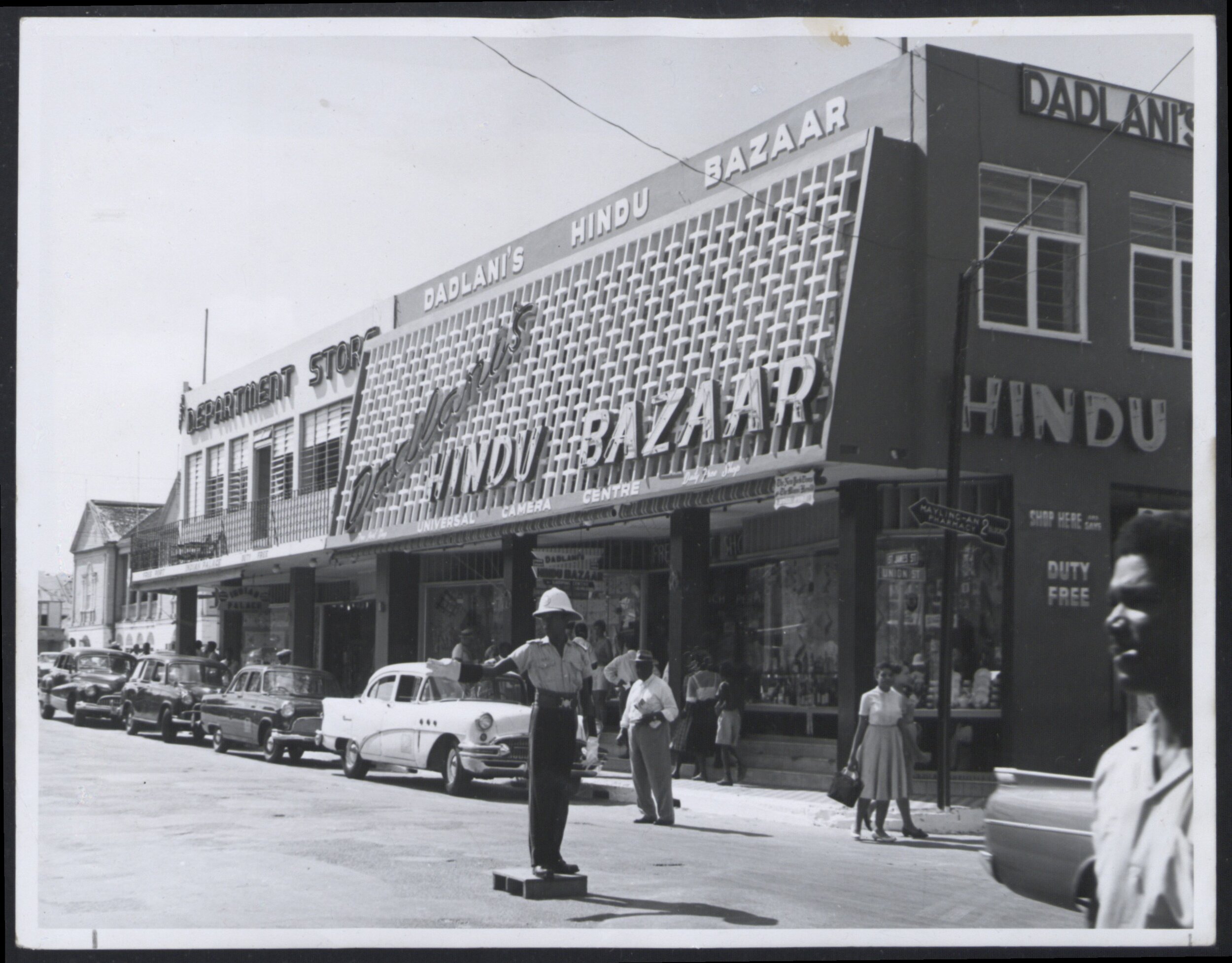
Brij V. Lal Prize
Brij V. Lal Prize
Indian Indentureship, Girmit and Gimitiya, and its Legacies
About the Prize
In memory of late Professor Brij V.Lal, who passed away on Christmas day, 2021, the Lal family has established an annual Brij V. Lal Prize of £1000 for the best published article in any academic journal covering the broad subject of Indian indentureship, Girmit and Girmitya, and its legacies. ‘Legacies’ is taken to mean the specific legacies of the Indian indenture – including diasporic descendants of the original indentured migrants.
Reflecting Brij’s academic interests and extensive body of publications on this broad subject, this Prize will underscore Brij’s emphasis on originality, academic rigour and excellence in research and writing, as well as a depth of understanding and passion about historical or contemporary lived experience of Girmitiyas living in Indo-African -Caribbean-Pacific countries, and their global diasporic communities.
About Professor Brij V. Lal
Brij Vilash Lal was Emeritus Professor at the Australian National University and Honorary Professor at the University of Queensland. He taught History at the ANU, the University of Hawaii at Manoa, the University of the South Pacific and the University of Papua New Guinea. He was a Life Member of Clare Hall, University of Cambridge. He was the author of more than twenty books and editor of another twenty on the history and culture of the Indian diaspora and on the history and politics of Fiji. Among his many publications are Chalo Jahaji: On a Journey Through Indenture in Fiji (ANU Press, 2013), Plantation Workers: Resistance and Accommodation (University of Hawaii Press, 1994) and The Encyclopaedia of the Indian Diaspora (Editions Didier Millet, 2007). He died on 25 December 2021.
2025 Winner Announced!
In a very solid and well researched article, the author makes a contribution to the historiography of indenture by understanding the indentured labourer not simply as a worker but as a consumer and contributor to the coffers of the colonial state by taxes paid on goods consumed. In this new focus, the author probes how opium consumption by Chinese and Indian indentured workers was perceived by a range of interested parties such as the colonial officials, missionaries and the press and the racial stereotyping of workers. The article shows how the state with self-interest at the fore moved from restriction to regulation. Through an extensive use of sources such as custom returns, excise records and official reports we are provided irrefutable evidence of how consumption of opium by indentured workers actually helped the funding of indentured labour itself. The article goes well beyond the narrow question of substance abuse and the moral question. It is an original piece of work which will lead scholars to think about indenture differently and beyond the well-established debates about how free indentured workers were and the extent of their agency.
Winning essay
Jamie Banks, ‘“Sterile Citizens” & “Excellent Disbursers”: Opium and the Representations of Indentured Migrant Consumption in British Guiana and Trinidad’, Slavery & Abolition, 45:2 (2024): 325–41. https://www.tandfonline.com/doi/pdf/10.1080/0144039X.2023.2275631
Sandrine Soukaï, ‘Embodied Performances of (Post-) Indenture: Creolization of Indian Dance and Nadrons in Guadeloupe’, Journal of Indentureship and Its Legacies, 4:2 (2024): 130–57. https://www.scienceopen.com/hosted-document?doi=10.13169/jofstudindentleg.4.2.0130
Highly recommended
Based on an impressive range of sources, the article makes an important contribution towards our understanding of the French Caribbean. By focussing on a novel and poetry, and conducting interviews with presidents of two contemporary dance associations, the author probes the remaking and retention of culture and identity among a minority group. The author identifies three competing influences – namely, maintaining Indian culture and Hindu identity, the creolisation of Indianness and the influence of Bollywood culture, and demonstrates the ‘oscillation’ from one to the other. The analysis of Ernest Moutoussamy’s novel Marianne and the main characters who come from diverse backgrounds is excellent and she poses the question whether Moutoussamy’s portrayal of a `ballet of mixed bloods’ is an ideal or a reality. Her conclusions show differing influences – attempts to keep Indian languages and rites going, the inevitable creolisation influences on dance and song and the challenge to indentured legacies with the influence of Bollywood. In all, a solid attempt to encompass the range of issues and sources that the subject matter demands.
Congratulations to both Jamie and Sandrine!
The winner receives £1000 from funds provided by the Lal family.
Notification for entries for next year’s Prize, including the closing date for submissions, will be posted on the AGI website in February 2026.
